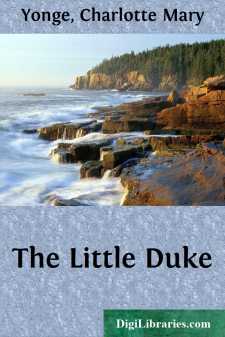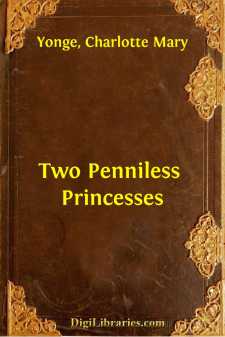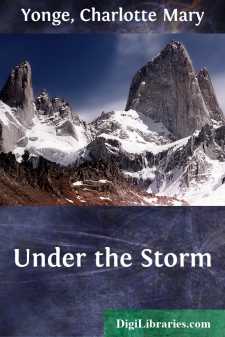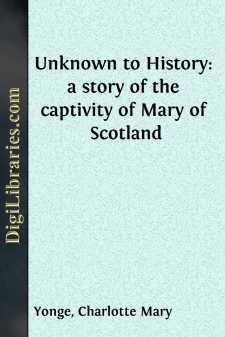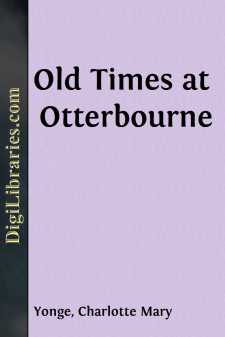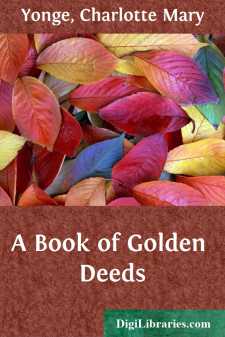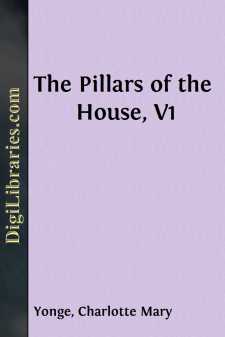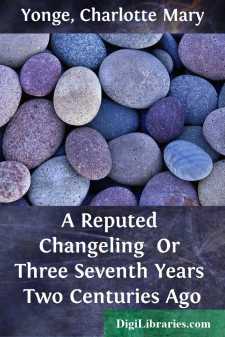Categories
- Antiques & Collectibles 13
- Architecture 36
- Art 48
- Bibles 22
- Biography & Autobiography 816
- Body, Mind & Spirit 145
- Business & Economics 28
- Children's Books 17
- Children's Fiction 14
- Computers 4
- Cooking 94
- Crafts & Hobbies 4
- Drama 346
- Education 58
- Family & Relationships 59
- Fiction 11834
- Foreign Language Study 3
- Games 19
- Gardening 17
- Health & Fitness 34
- History 1378
- House & Home 1
- Humor 147
- Juvenile Fiction 1873
- Juvenile Nonfiction 202
- Language Arts & Disciplines 89
- Law 16
- Literary Collections 686
- Literary Criticism 179
- Mathematics 13
- Medical 41
- Music 40
- Nature 179
- Non-Classifiable 1768
- Performing Arts 7
- Periodicals 1453
- Philosophy 66
- Photography 2
- Poetry 897
- Political Science 203
- Psychology 45
- Reference 154
- Religion 516
- Science 126
- Self-Help 85
- Social Science 82
- Sports & Recreation 34
- Study Aids 3
- Technology & Engineering 59
- Transportation 23
- Travel 463
- True Crime 29
Our website is made possible by displaying online advertisements to our visitors.
Please consider supporting us by disabling your ad blocker.
My Young Alcides
Categories:
Description:
Excerpt
CHAPTER I.
One of the children brought me a photograph album, long ago finished and closed, and showed me a faded and blurred figure over which there had been a little dispute. Was it Hercules with club and lion-skin, or was it a gentleman I had known?
Ah me! how soon a man's place knoweth him no more! What fresh recollections that majestic form awoke in me—the massive features, with the steadfast eye, and low, square brow, curled over with short rings of hair; the mouth, that, through the thick, short beard, still invited trust and reliance, even while there was a look of fire and determination that inspired dread.
The thing seemed to us hideous and absurd when it was taken by Miss Horsman. I hated it, and hid it away as a caricature. But now those pale, vanishing tints bring the very presence before me; and before the remembrance can become equally obscure in my own mind, let me record for others the years that I spent with my young Alcides as he now stands before me in memory.
Our family history is a strange one. I, Lucy Alison, never even saw my twin brothers—nor, indeed, knew of their existence—during my childhood. I had one brother a year younger than myself, and as long as he lived he was treated as the eldest son, and neither he nor I ever dreamed that my father had had a first wife and two sons. He was a feeble, broken man, who seemed to my young fancy so old that in after times it was always a shock to me to read on his tablet, "Percy Alison, aged fifty-seven;" and I was but seven years old when he died under the final blow of the loss of my little brother Percy from measles.
The dear old place—house with five gables on the garden front, black timbered, and with white plaster between, and oh! such flowers in the garden—was left to my mother for her life; and she was a great deal younger than my father, so we went on living there, and it was only when I was almost a woman that I came to the knowledge that the property would never be mine, but would go in the male line to the son of one of my disinherited convict brothers.
The story, as my mother knew it, was this: Their names were Ambrose and Eustace: there was very little interval between their births, and there had been some confusion between them during the first few hours of their lives, so that the question of seniority was never entirely clear, though Ambrose was so completely the leader and master that he was always looked upon as the elder.
In their early youth they were led away by a man of Polish extraction, though a British subject, one Count Prometesky, who had thrown himself into every revolutionary movement on the Continent, had fought under Kosciusko in Poland, joined the Carbonari in Italy, and at last escaped, with health damaged by a wound, to teach languages and military drawing in England, and, unhappily, to spread his principles among his pupils, during the excitement connected with the Reform Bill. Under his teaching my poor brothers became such democrats that they actually married the two daughters of a man from Cumberland named Lewthwayte, whom Lord Erymanth had turned out of one of his farms for his insolence and radicalism; and not long after they were engaged in the agricultural riots, drilling the peasants, making inflammatory speeches, and doing all they could to bring on a revolution....



